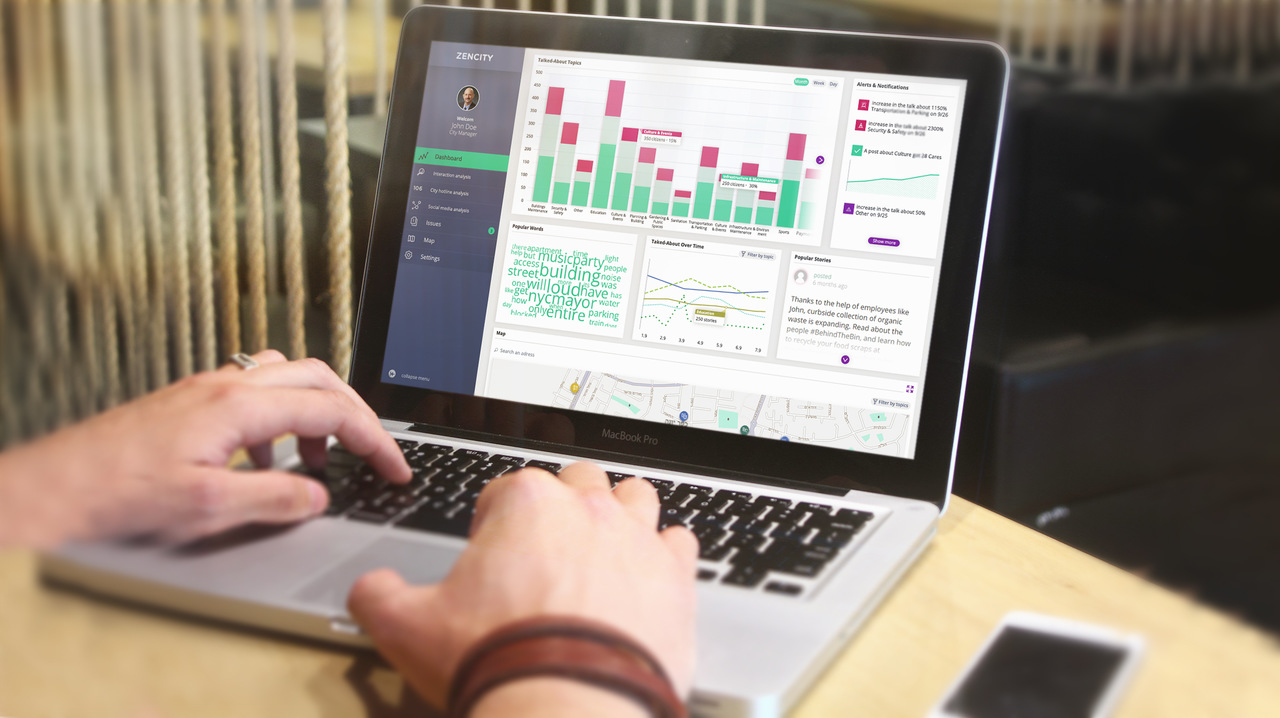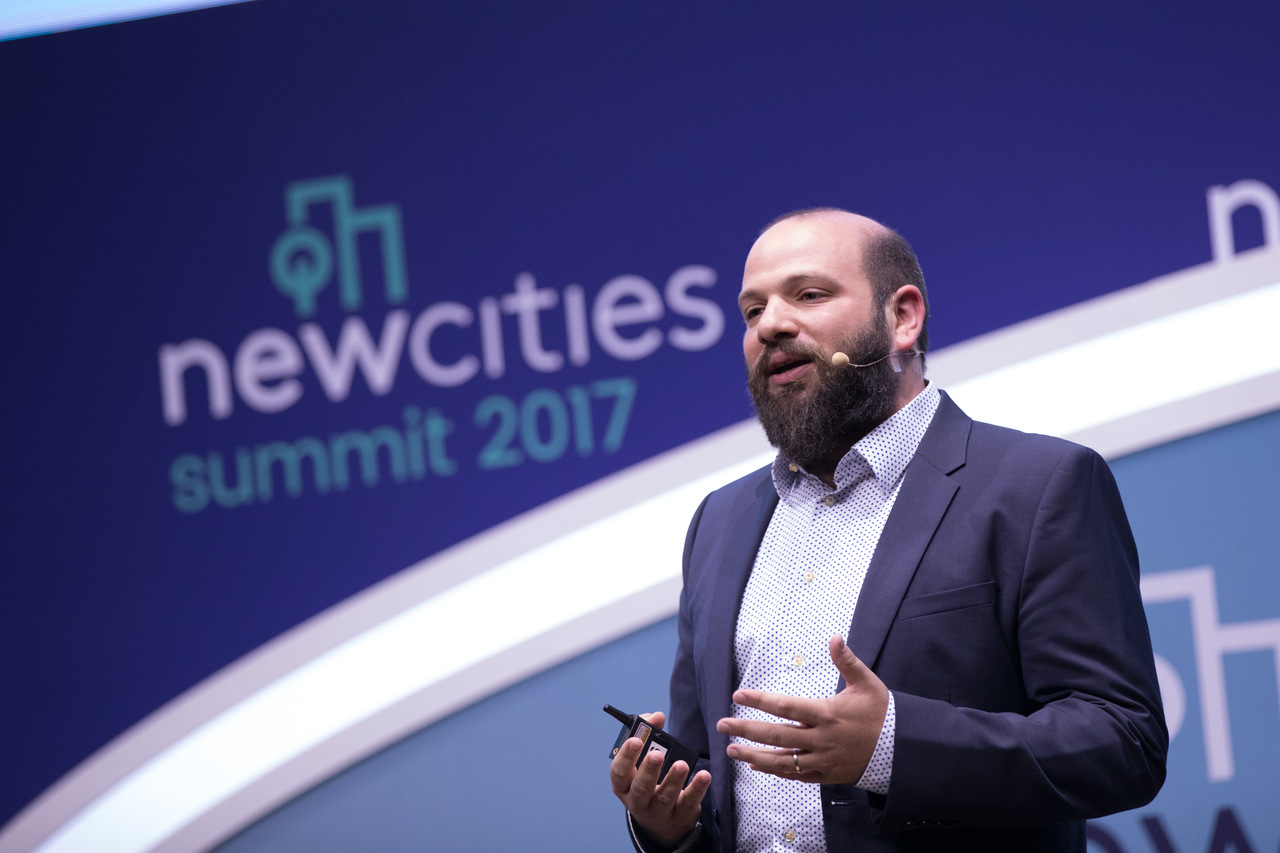
Photo: screenshot_Easy-Resize.com_
How artificial intelligence is helping cities to connect
25 June 2017
by Jonathan Andrews
Jonathan Andrews spoke to Eyal Feder, CEO of ZenCity, during the New Cities Summit in Songdo on how his company’s platform is giving cities a better view of citizens’ needs
How did the ZenCity project come about?
The company was founded by co-founder Ido and I after several years of working with cities on data-related tasks under different roles. We kept seeing the cities put a huge emphasis on citizen feedback in decision-making processes, but with very limited data on the subject. They usually use data from public hearings, phone surveys or city hotline number analysis, and those all provide a very limited view into citizens’ needs.
What are the basic concepts?
ZenCity is a platform for understanding people in the city on a wide scale. With the use of advanced AI algorithms, we analyse data from social media, city hotlines and many other sources, and provide city stakeholders with detailed insights about how people view and use the city. It’s like Google analytics for a city.
Does it work in real time?
Yes. Our web-based platform updates every 30 seconds.

What sets it apart from other platforms available to cities or from other models on the market?
Two important things. First, we automatically analyse the data and make it usable for many stakeholders in the city. Our algorithm tags each data point with a category from a list of municipal verticals (like education, transit, security or waste management), a sentiment score and an impact score–and then we aggregate the data to show the trends. That way we can make sense of the data much more easily and direct each feedback to the right people. This task is too big to be done manually, and that is where our technology comes in.
Second, we combine different sources of data–our platform doesn’t work only on social media or city hotline data, but instead combines all indicators into a unified view of citizen feedback. Add those two to the fact that it is real-time, and you have a strong tool for real-time understanding of the city.
Have you received support from cities, and how many are you working with?
We’re currently working with about 15 plus cities, including major cities like Tel Aviv and Paris as well as smaller cities (of 15,000 or more people). Top-level decision makers in our partner cities use our platform on a daily basis–including mayors, city managers and other C-level executives.
What has been the feedback from cities and also residents?
We’ve been getting amazing feedback from our clients and partners–decision makers use this everyday and we’re extremely happy to have supported dozens of decisions in the last few months, impacting more than a million people.
Who do you partner with?
Our partners are usually either the cities themselves, or other technology companies providing services to cities. We’ve partnered and are backed by some of the strongest IT providers.
Is there a cost to cities or how is it financed?
The platform is sold to cities for an affordable SaaS license–which means that it has a monthly or a yearly license cost. Our pricing is flexible and is affordable for any city–big or small.
What is ZenCity’s ultimate goal?
ZenCity’s goal is helping cities become more citizen-oriented and more data driven. With our platform cities can become ‘smart’ in the most important area of their responsibility–the citizens themselves. We truly believe cities should be responsive to their citizens needs and preferences and our platform allows us to do that in real-time.








